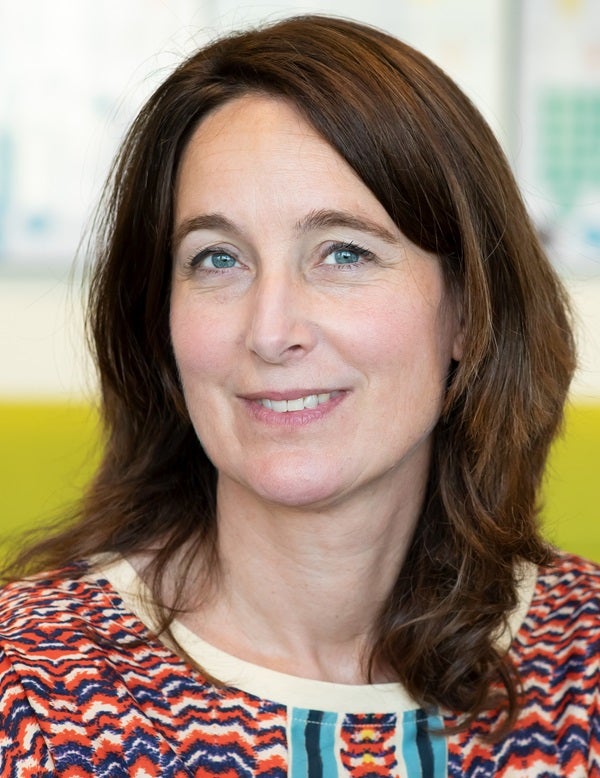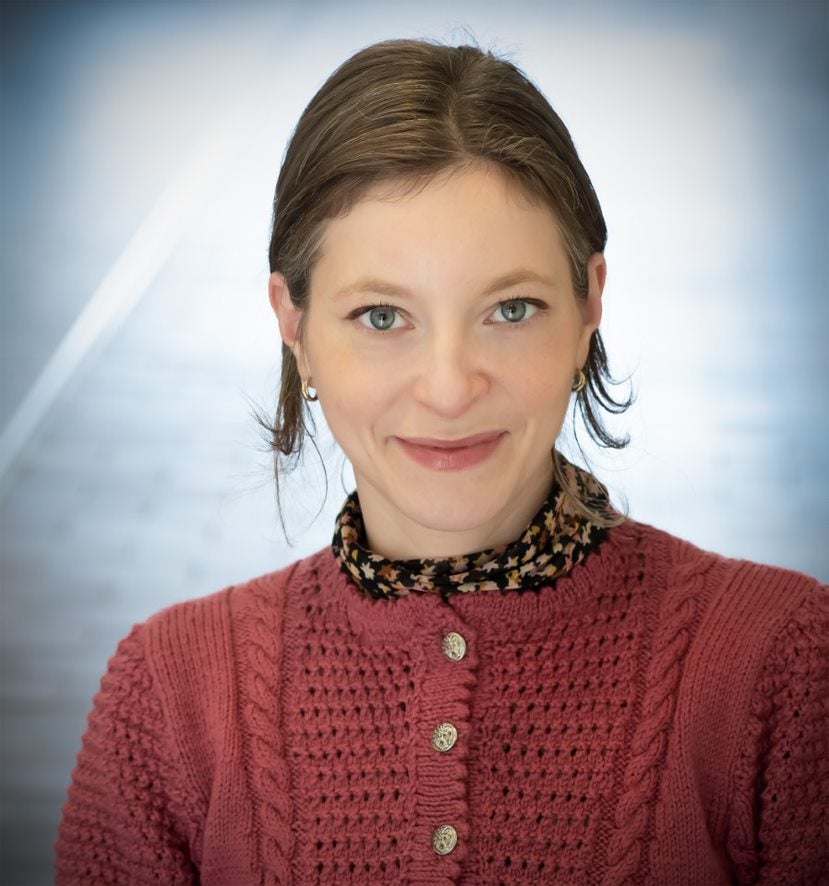Man and machine
Jorrit Paaijmans is an artist whose practice centers on drawing. Drawings are particularly seen as an expression of the subjective. But in Paaijmans' art, the act of drawing is objectified. Paaijmans handcrafts mechanical objects that produce drawings. The beauty of his work lies not in the final product but in the sequence of actions. His work raises questions about the effects of mechanization on our neurological nervous system. To what degree can we outsource our work to machines and at what point does a sense of alienation come into play.
Language diversity
Nicoline van Harskamp's presentation explores how the use of English as a global link language affects everyday speech and professional language. Through a survey prepared with VU linguist Laura Rupp, Van Harskamp questions the working language and jargon within VU Amsterdam. The work PDGN speculates about a future language in a post-capitalist society. Like the remains of buildings, words in this new community are recycled into new constructions in which global English is mixed with local languages and customs.
Bullshit job vs. profession
What is the difference between having a job and practicing a profession? The presentation by Ton Kruse and the Faculty of In-humanities (with Hans de Wit, Jorieke Rottier, Berend Strik, Lex ter Braak, Wapke Feenstra & Martin La Roche) questions the position of artists within the our current economic system. It shows the physical workplace, the studio on the outskirts of the city, as a metaphor for the artist's place in society. What is the nature, effect and meaning of this outsider position? In dialogue with scientists, similarities and differences between the position of artists and scientists are highlighted.
Work and the economy
Work cannot be separated from the economic system. In the current capitalist system, labor and nature are exploited for profit. Rob Voerman's work proposes an alternative. He presents a bank that is not focused on profit maximization but on serving man and nature. Based on the powerful Bank for International Settlements (BIS)in Basel, the bank for central banks, in Voerman’s alternative bank you can exchange euros for ‘Equator’. This currency gives indigenous people in Suriname the power to preserve their land, identity culture and ecosystem. In this project Voerman works closely together with Stichting Kaikoesie and philosopher Karim Benammar.

